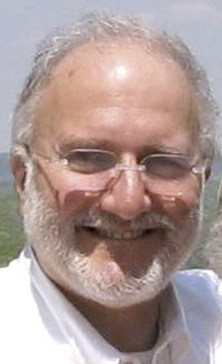
Declared Ruth Marcus in the Washington Post on June 3: Alan Gross was convicted and sentenced to 15 years for “bringing cellphones, personal computers and networking devices [into Cuba] to help connect Cuba’s tiny Jewish community to the Internet as part of a democracy-promotion program.”
Repeated the Jewish Daily Forward on June 5: “Gross was on a mission to connect Cuba’s small Jewish community to the Internet.”
Chimed in the New York Post’s William McGurn on June 12: “Gross was working for USAID — bringing in communication equipment to Cuba’s small Jewish community as part of a democracy-promotion program — when the government threw him in jail…”
Given that all of those media outlets are subscribers to the Associated Press wire service, and given that Associated Press reporter Desmond Butler detailed what Gross had actually been doing in Cuba (significantly more, and different, than merely helping out Cuba’s “tiny Jewish community” connect to the Internet) in a February 13, 2012 investigative report… one would have hoped that one of those columnists, or at least their editors, would have taken the time to read the AP story before rotely regurgitating the State Department’s benign boilerplate.
None of that is to suggest Alan Gross should spend 15 years in a Cuban prison. Or that Gerardo Hernández should die in an American jail. Whatever the truth of their “crimes,” both are victims of 50 years of failed Amercian policy with regard to Cuba.
And, in the larger scheme of things, of course, the more relevant point is that commentators, who’d previously dismissed the idea of a swap, have come around to recognizing it as a solution.
If a deal can be done, each side will inevitably spin it in a way that supports their favoured narrative.
But, that said, it would be nice if American journalists, who claim to be concerned with facts, would check them from time to time.



 STEPHEN KIMBER, a Professor of Journalism at the University of King's College in Halifax and co-founder of its MFA in Creative Nonfiction Program, is an award-winning writer, editor and broadcaster. He is the author of two novels and eight non-fiction books. Buy his books
STEPHEN KIMBER, a Professor of Journalism at the University of King's College in Halifax and co-founder of its MFA in Creative Nonfiction Program, is an award-winning writer, editor and broadcaster. He is the author of two novels and eight non-fiction books. Buy his books